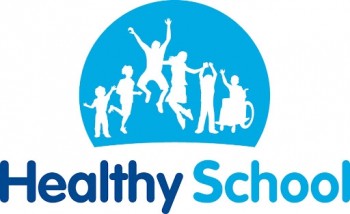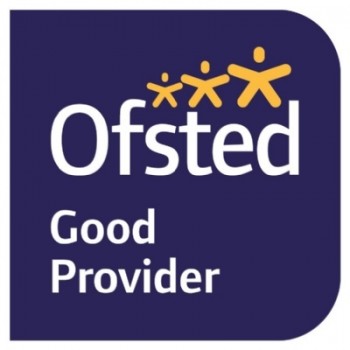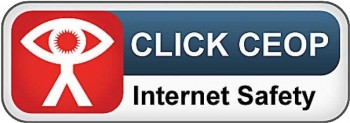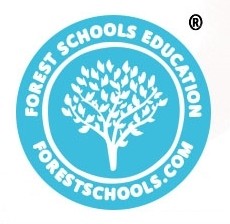RE
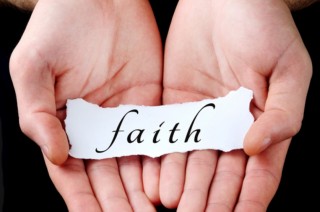 RE lessons support children’s religious literacy so they become able to hold balanced and well informed conversations regarding their own and other’s beliefs.
RE lessons support children’s religious literacy so they become able to hold balanced and well informed conversations regarding their own and other’s beliefs.
Christianity, Judaism and Islam are taught in depth for each year group with an emphasis on learning connections between these Abrahamic religions. Where possible, each religion is taught in chronological order in terms of which religion is taught first (e.g. Judaism) and the order which historical events are believed to have taken part within that religion (e.g. Year 3 start with creation). The whole school has lessons about Judaism in the Autumn term, Christianity in the Spring term and Islam in the Summer term, allowing for whole school conversations while this learning is occurring. The beliefs and practises of other religions are taught in whole school assemblies.
The specific focus on these three religions is due to, firstly, the ease of comparison with the many similarities between the three helping to embed knowledge and then, more importantly, an aim to work towards combatting the prevalence of anti-Semitism and Islamophobia in the UK, whilst still maintaining a primary focus on Christianity. The aim is to support children’s religious literacy so they become able to hold balanced and well informed conversations regarding their own and other’s beliefs. In order for this to happen children are:
- Made aware that other people have beliefs/ideas that may be different or similar to their own
- Given the opportunity to learn about some of these beliefs/ideas and understand some of the reasons for them
- Given the opportunity to think about what they believe/think
- Given the opportunity to confidently and openly talk about what they believe/think
- Taught to show respect for another person’s belief even if their own is different.
Learning to listen and understand others whilst feeling free to express and explore their own feelings and beliefs will also significantly benefit children’s emotional wellbeing. Children are given the opportunity for personal reflection in the majority of lessons.
Children are also introduced to philosophical questions from Year 4. This further gives the opportunity for children to share their own and listen to alternative views. Over time children are taught respectful language for when they disagree and would like to make a differing point of view.
Throughout the school there is a strong emphasis of enquiry-based learning for which the skills are progressively built on as the children work through the school:
- Engage – Children are introduced to topics in an interesting way (e.g. artefact, music, video clips, Dilemmas, visualisations, visits and/or visitors). Key words are also explained to help with engagement.
- Enquire – Children are given opportunities to ask questions and learn that some questions do not have black or white answers.
- Explore – As children move up the school, lessons more often switch from direct teaching to the teacher taking on the role of facilitator, providing appropriate resources and context for all abilities to undertake investigation and research. Children are encouraged to draw their own conclusions and use their findings to support their statements.
- Evaluate – Armed with evidence and experiences and/or thoughts/beliefs the older children begin to undertake robust and challenging discussion. Questions may be posed by the teacher and/or other children. Where new questions are posed or information has been forgotten children should now have the enquiry and exploration skills to look for or think about an answer
- Express – With knowledge learnt the children are given opportunities to express views and/or facts through a variety of medium.
Lower Key Stage 2
Year 3 learning points are Creation; God and founder; Building and symbols; Leaders and Key stories. Children learn about these areas for Judaism, Christianity and Islam. Similarities and differences between the three religions are talked about. The foundations learnt in Year 3 are built on in Year 4, when children learn about the Lives of prophets; Teachings of prophets; Special books; Festivals celebrations and holidays. Conversations about similarities and differences are continued and philosophy is introduced.
Upper Key Stage 2
Year 5 learning points are Conduct and rules; Worship and prayer; Pilgrimage; Denominations and differing traditions. Comparisons continue to be made and children continue to work on their debating skills through discussion of philosophical questions. By Year 6 the knowledge the children have gained enables teachers to teach more abstract ideas/controversial topics and give more opportunities for enquiry based learning. Learning points for Year 6 are Trinity; Forgiveness; Sources of authority; How belief has impacted art and music; How have events influenced beliefs; How Jews, Christians and Muslims explain suffering in the world; Key teachings from important thinkers; The impact of the spread of Islam; Extremism: One narrative, many beliefs, Why do people interpret things differently? and Hate crimes, as well as a variety of philosophical discussion questions.
RE is informed by the Norfolk Agreed Syllabus.
Parents have the right to withdraw their children from religious education and/or collective worship.
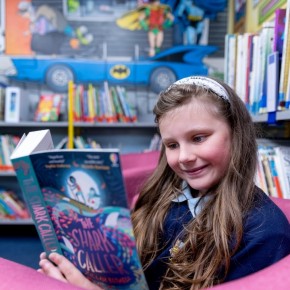
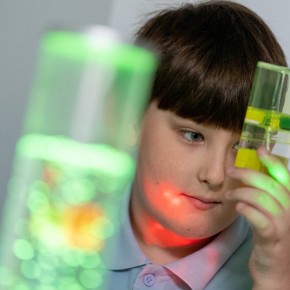
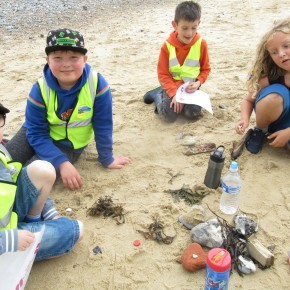
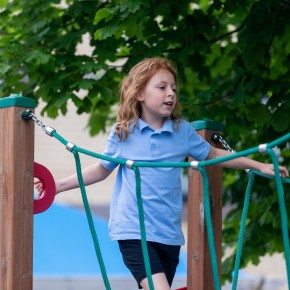
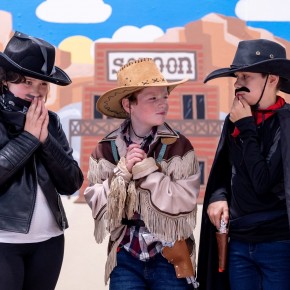
 RE lessons support children’s religious literacy so they become able to hold balanced and well informed conversations regarding their own and other’s beliefs.
RE lessons support children’s religious literacy so they become able to hold balanced and well informed conversations regarding their own and other’s beliefs.